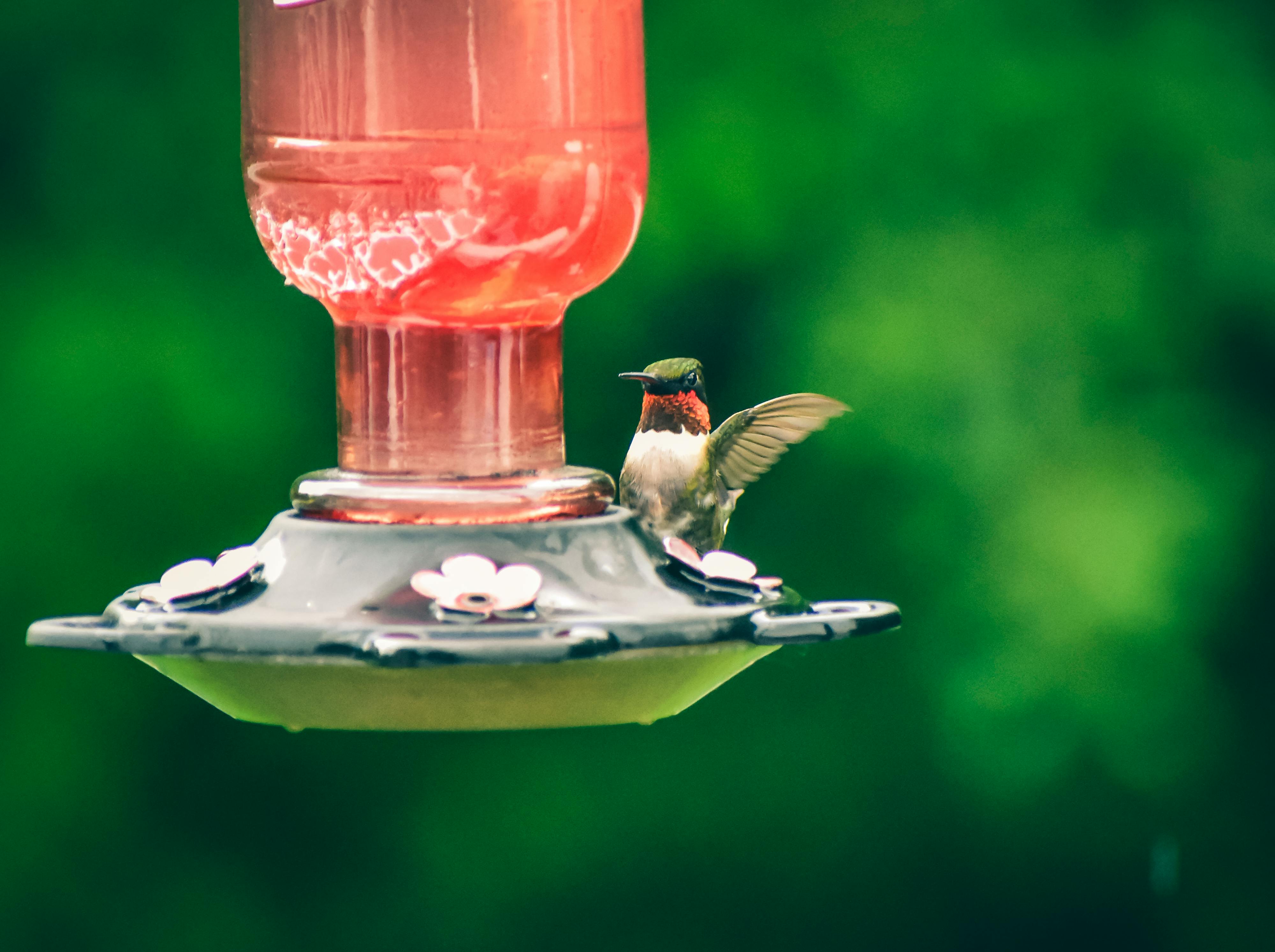How to Care for a Bird's Wings

How to Care for a Bird's Wings
Caring for a bird involves more than just providing food and water. Among the most crucial aspects of bird care is maintaining the health of their wings. Wings not only enable birds to fly but also play a vital role in their overall well-being. In this blog post, we will explore the essential steps and precautions necessary for the proper care of a bird's wings, ensuring they remain healthy and functional.
Understanding Bird Wings
Before you can effectively care for bird wings, it's important to understand their structure and function. Bird wings are comprised of feathers, muscles, and bones that work together to facilitate flight. The primary feathers are crucial for flight and maneuvering, while the secondary feathers provide balance and support.
Regular Inspections
Regularly inspecting your bird's wings is a key component of their care. Look for any signs of damage, such as broken or frayed feathers, and check for any abnormalities in their structure. It's important to gently extend the wings and examine both the top and underside for any hidden issues.
Cleaning and Hygiene
Maintaining proper hygiene is crucial for the health of your bird's wings. Bathe your bird regularly to help keep their feathers clean and free from dust. During bathing, use lukewarm water and avoid harsh soaps or chemicals that can damage the feathers. An occasional mist spray can also help in keeping their wings in good condition.
Diet and Nutrition
A well-balanced diet is essential for maintaining healthy feathers and strong wings. Include a variety of seeds, fruits, and vegetables in your bird's diet, along with high-quality bird pellets. Foods rich in vitamins and minerals, particularly vitamin A and calcium, support feather strength and structure.
Exercise and Activity
Regular exercise is vital for maintaining the strength and functionality of your bird's wings. Provide opportunities for your bird to fly in a safe and controlled environment. If your bird is a caged pet, ensure the cage is large enough to allow for some flying and wing stretching. Play and interaction also serve as good exercise and can help keep your bird's wings in optimal condition.
Professional Care
In addition to your care at home, professional check-ups are important. A veterinarian specializing in birds can perform detailed examinations of your bird's wings and offer advice tailored to your specific bird's needs. This can include addressing any health issues, providing vaccinations, and suggesting changes to care routines.
Treating Wing Injuries
If you notice any injuries or abnormalities in your bird's wings, it is important to consult with a vet immediately. Treatments might include rest, medication, or even surgery, depending on the severity of the injury. Never attempt to treat serious wing injuries yourself, as improper handling could worsen the condition.
Conclusion
Caring for a bird's wings requires attention to detail and a commitment to their overall health. By following these guidelines—conducting regular inspections, maintaining cleanliness, ensuring a proper diet, encouraging exercise, and seeking professional advice—you can help keep your bird's wings in top shape. Remember, healthy wings are crucial for a bird's quality of life and longevity.